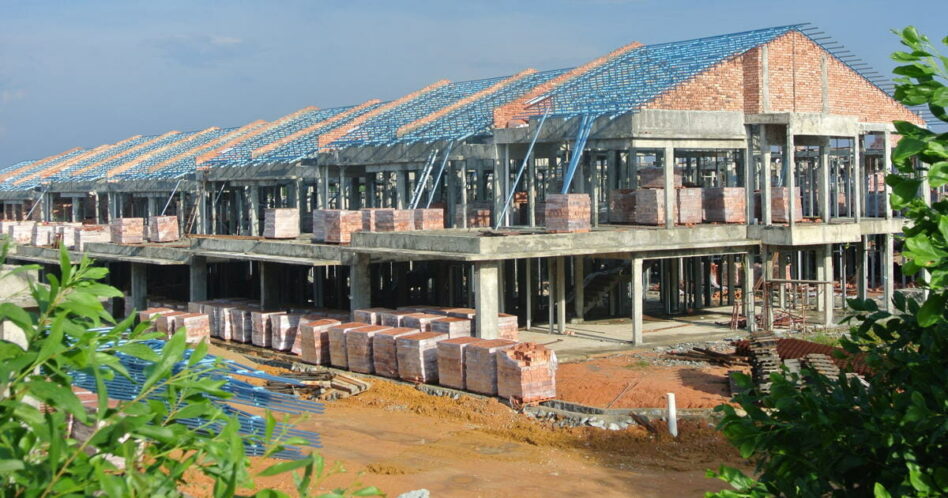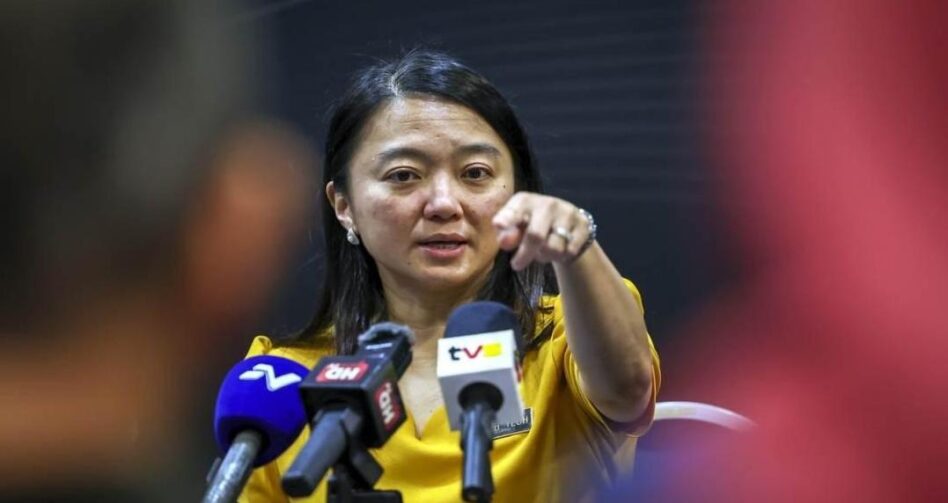A group of gym and fitness centre operators will be banding together to present a set of operating procedures to the Ministry of International Trade and Industry (MITI) and the Ministry of Youth and Sports.
This measure comes about at a time where gyms and similar fitness centres have been closed for two months following the commencement of the movement control order (MCO) on March 18, and the continuing conditional MCO that started on May 4 and is slated to end on June 9.
The operators seek to reach out to the government in the hopes of resuming operations, as the fitness industry is feeling the pressure of having closed for two months as well. FocusM spoke to the group of operators to find out more.
“There is no set definition for a gym by the government, and there are different disciplines with different needs. However, there can still be a standardised set of operating procedures, consistent fundamentals that can be commonly applied across disciplines.
“The government should allow us the flexibility to do this, and acknowledge this as well. We can provide our own view and expertise to help the government help us to resume operations,” said The Playground Fitness owner Toh Yen Kee.
“If retailers, malls, and eateries can open, gyms should be able to open as well, as we contribute to the positive health of the community as a whole. It would be good to see something more concrete from the government,” said James Putnam, owner and head coach of CrossFit Lah.
Gym operators face the same difficulties as other businesses, in that there are overheads and staff costs to bear, but are also uniquely disadvantaged in that there is no way to offer the full use of their equipment or the expertise of personal trainers online, considering their premises are closed to the public.
“Right now, we are just surviving however we can. Even offering online classes, revenue comes in between half to one-third compared to face-to-face sessions,” Under The Light Studio CEO Hajime Ito lamented.
According to PassionFit director Amrah Hedar, it had switched to equipment rentals for members as a way to keep afloat and cover fixed costs.
“We had started with the expectation that the MCO would not be too long, and we did not want to go down the route of paid online classes. However, with the prolonged MCO and, more importantly, no clarity, we have had to switch to paid online classes as well.
“Still, with as long as this has gone on, community interest has dwindled and engagement has been impacted. Members, of their own accord, have purchased their own equipment and become self-sufficient without online classes,” he added.
The obstacles faced
The first of two common obstacles among the operators is definitely the rental issue.
“While rentals are a big issue, we have to remember that the landlords are suffering too.
“Gyms have stopped charging their members monthly fees, as this is a moral obligation. It would also be nice if the landlords can do the same, and it would be nice to see them doing their part. We understand everyone is struggling, but everyone operates differently,” Union Strength founder Carlos Villa shared.
Jojo Struys, founder of OhanaJo Studio, is one of those operating differently, by conducting her yoga classes online on a donation basis.
“We have been running classes where those in the class can choose to pay however much they wish, but we are of course left at the mercy of how much a person would donate. Some instructors see donations in the thousands, while others have not even seen RM80 over the past seven weeks,” said Struys.
The second common obstacle has to do with the staff. Not only do salaries have to be paid, but the matter of keeping spirits up is becoming a harder task to bear.
Amrah shared that with the MCO, the motivation of instructors has been waning, as they are not able to practise their craft.
“On a more human level, how do we keep our coaches motivated, considering the impact they have to bear?”
Toh noted that her team is keeping positive through constant communication and team meetings, but agrees that worry for the instructors is something that is hard to deny.
“Having online classes and virtual training sessions cannot compensate for the loss of revenue from face-to-face sessions, and we have been managing our fixed costs down wherever we can without letting go of anyone,” she said.
Brian Foo, head of business development at Fort Gyms, pointed out that a lot of gym instructors make money on a commission basis, whether it is per class, or per personal training session.
“Maybe the basic salary can help offset the first month, but with another month, and not knowing the timeline, the worry remains about how instructors are going to survive after the MCO,” said Foo.
What about other disciplines? Penang-based Project Rock Kae Vin director noted that there is no way for rock climbing to be done at home, resulting in engagements dropping. The point that there is no timeline for gyms, or that there has been nothing communicated to them, has forced operators to “play it by ear.”
“We cannot plan anything, and our customers are frustrated as well. There appears to be no plan for the industry in general, and not knowing when we can open, along with more careful spending among customers in the near term, it does not look good,” he said.
Damai Studio manager Ethel Cho agreed, pointing out the conflicting instructions from the government.
“Most students are asking if we are open, showing us photos of some yoga places open with approval from MITI. What are the standard operating procedures? What is the timeline? Everything is too grey at this point, and with no idea of the timeline, we cannot plan ahead,” said Cho.
The plan of action
With all of these concerns coming to a head, these operators have expressed their interests in banding together to present a plan to the government, each offering their own expertise and experience to finetune the plan.
A common standard, other than the requisite social distancing, minimal close contact, temperature screening, and controlling the number of people in the same shared space, is that they can ensure the hygiene of their facilities and equipment.
ClassPass Asia Pacific regional director Samuel Canavan noted that it would be possible to take a combination of regulations from around the world, while complying with the 3Cs and 3Ws guidelines of the Ministry of Health.
The 3Cs and 3Ws are confined space, crowded place, and close conversation, which are to be avoided, while the 3Ws are wash, wear, and warn, which call for the frequent washing of hands with soap and water, wearing a face mask, and conforming to guidelines, which include temperature screening and disinfecting frequently touched surfaces.
“New Zealand is already offering for operators to open with a ratio number, stating that each person has to have 200 sq ft per person to practise safe social distancing while being able to go to the gym. This is a flexible situation and not overbearing on the industry,” he said, adding that sweat in and of itself does not spread Covid-19.
“Physical distancing is most important, as is sanitisation. This includes locker rooms and showers. Some places practise this by closing certain cubicles, reducing the amount of ready equipment, and assigning alternating lockers to maintain that distancing,” added Canavan.
The operator has also discussed the use of masks on premises, with agreement that staff will have to wear masks at all times, and that customers have to wear masks unless exercising at the time.
Ultimately, the sentiment of the group is to go to the government with a possible solution, and to work with the authorities while making their voices heard.
“We are not a big industry overall, so not much attention is paid to the sector by the government. We need to make ourselves heard,” said Kae Vin. – May 21, 2020










